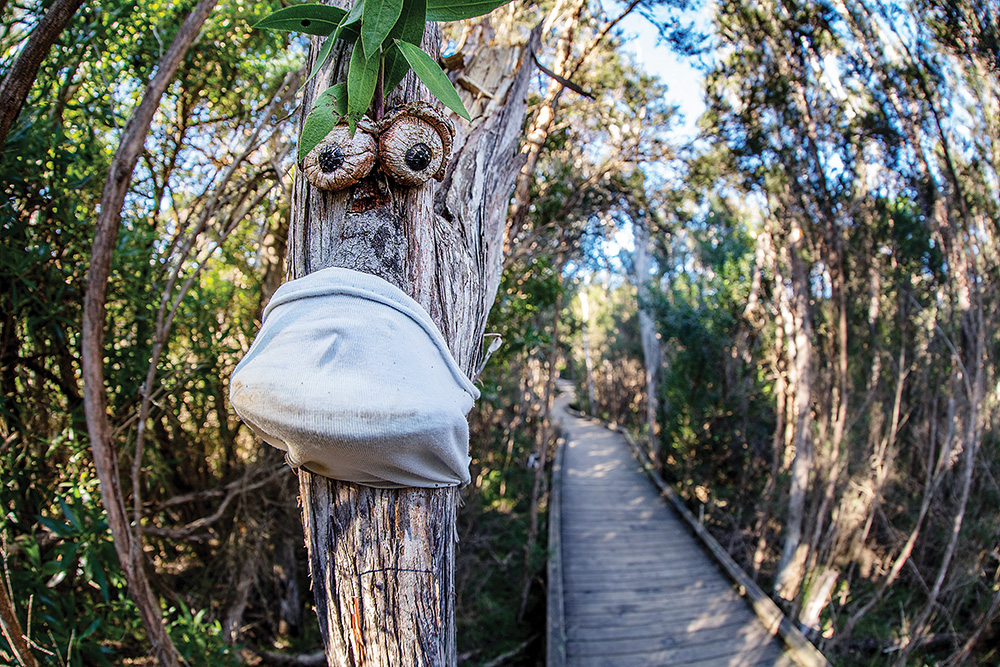
By Muriel Cooper*
“Weird” is a common way of describing our circumstances during the coronavirus lockdown. With this “weirdness” can come a sense of being adrift, not tethered to anything, a sense of unreality; being disconnected.
Our ancestors, European or Indigenous, often had to endure long periods of isolation on extended sea voyages or overland treks, and we could do worse than follow their example.
How did they remain grounded?
Here are a few ways in which I think they kept their sense of place and purpose:
- They were stoic; they did not expect life to be easy. They expected to work hard.
- They expected happiness to come in simple ways: the joy of doing a task well, being loved, sharing the joys of others.
- They relied on faith to explain their existence and provide relief from hardship. Today, that faith could be in things outside the self (God and religion) or inside the self (belief in oneself to get through and in one’s own resources).
- They were patient. They did not expect things to happen instantly, understanding that most things take time, whether it was growing and preparing food or getting from A to B.
- They went to bed early and got up early, and they slept because they needed rest, but also sleep in itself was a pastime.
- They made do. They mended things, ate simple food, and grew and gathered as much food as they could themselves. They kept busy.
Here are some additional strategies:
- When you’re starting to drift, take a deep, six-second breath and re-centre yourself on the present. Be grateful for what you have. Do something, call someone, refocus.
- Have faith, a spiritual signpost, whether it’s outside yourself (religion or God), or inside yourself. A philosophical approach like Stoicism (Meditations by Marcus Aurelius is a favourite of mine), faith in yourself to get through, or faith in family and friends can all help to sustain you.
- Explore spending time away from media, including social media to read, do a jigsaw puzzle or write.
- Slow down. Take time. Be patient with yourself and others.
- If you’re alone, find someone to share your worries with by voice or online. Remember friends, family members, even helplines.
- If you’re working from home and feeling a disconnection from work, contact a work colleague and have a quick chat. Try to set yourself up at home in as similar a way to work as possible, so the environment feels similar.
- If you’re in trouble, financially or otherwise, get advice, but when you’ve done all you can do, write it all down in a book or a notepad and put it on the shelf, or as one of my clients says, “park it”. It will do you no good to think about it. It is our brain’s natural inclination to worry, but if you remind your brain that you’ve done all you can and that the plan is on the shelf, parked, or in the drawer, it will be inclined to leave you alone (remember the brain loves a plan), particularly if you give it something else to think about (action and distraction).
* Muriel Cooper is a registered psychologist in Mornington specialising in stress, anxiety and depression. She trained as a journalist and then worked as a radio presenter with the ABC and 3AW before opening her psychology practice The Talking Room in Hawthorn East in 1998. She moved to Mornington in 2016.



